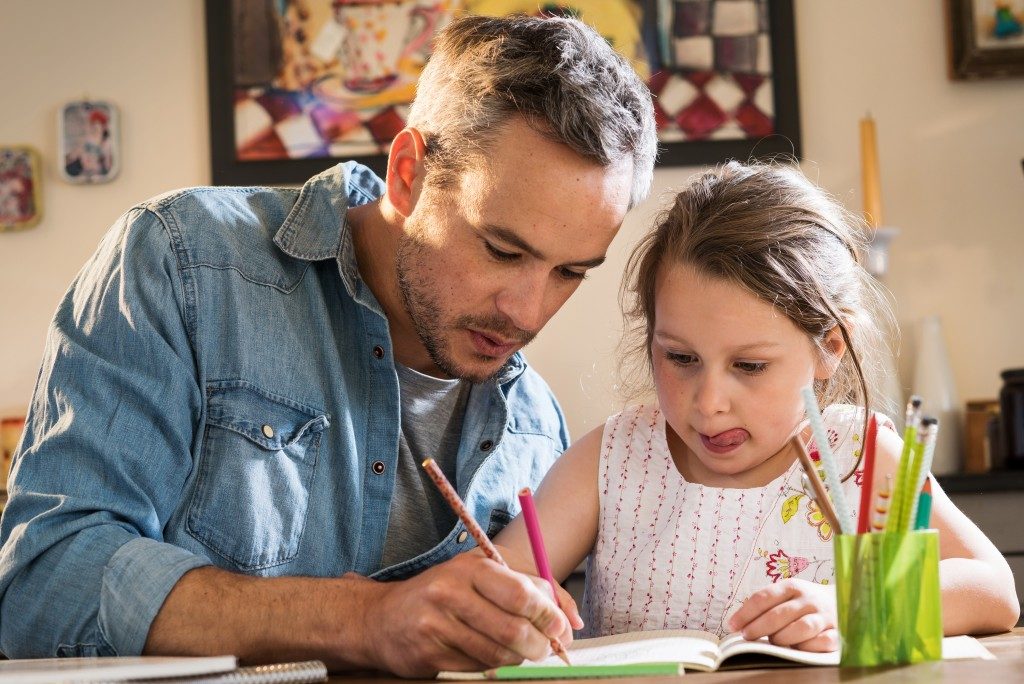Your child has been learning ever since the day they were born. However, it’s only when they’re in the proper school age are they going to be introduced to formal education. It’s natural to worry a little about how your child will adapt to it. After all, it will be a whole new experience for them.
However, to ease some of your fears, you can choose to familiarize them with teaching methods and prepare them for the years ahead. The following are a few means that you can use in order to ready your child for school.
1. Know their learning preferences
Each child learns best in their own unique way, and you’ll get to know this as they grow up. Because of this, it would be sensible to give your child the time and opportunities to know what their natural preferences are before you even consider international school enrollment.
For example, they may communicate best through spoken words or utterances, or they may lean toward actions instead. Knowing how they learn will greatly help your chosen school on how to properly attend to your child’s needs. You’ll be able to work better with the institution in guiding them towards reaching their full potential.
2. Introduce them to technology
Digital technology is becoming more and more common nowadays, and it’s not surprising that schools are using it to educate their students even at their young age. Without proper guidance, however, your child might end up abusing it in the future.
Start instilling discipline in them even before they start school by teaching them the right way of using and taking care of their computers and other gadgets. Keep in mind that technology is only a tool and whatever it does to people is the result of someone making use of it. Because of this, it’s best to teach your child how to be responsible with it.
3. Encourage learning with friends

Most formal education settings involve learning in groups, so it will be helpful for your child to get used to such a setup. What better way is there for them to do this than to discover new things along with their friends?
Encourage your child to interact with others their own age and learn how to enter and maintain good relationships with each other. This skill will not only be helpful while they’re in school but also when they start working and living the adult life in the future.
All that knowledge won’t be worth it if they’ll end up socially inept as a result. We might have standardized formal education, but the process of learning still varies depending on the person. Certain individuals will be better in certain areas than others.
Being a parent or guardian, it’s your responsibility to be one of the first to know how your child learns and where they excel. You can then use that information to guide and prepare them for what’s to come, including going to school and, eventually, living and working as an adult.
